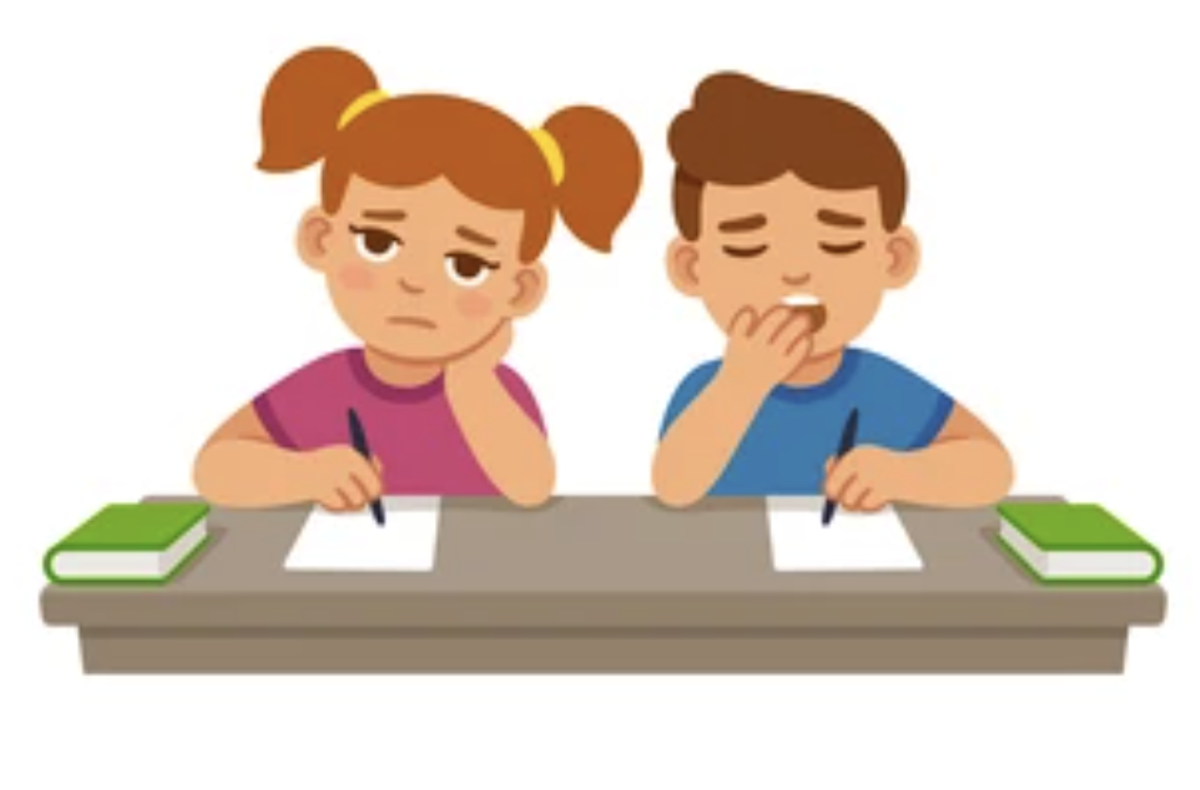Wellbeing

End-of-Term Fatigue
As the Term 3 school term draws to a close , many children begin to display tiredness, irritability, waning motivation and reduced concentration. This is often described as “end-of-term fatigue” and is a common experience for students of all ages. By recognising the contributing factors and applying supportive strategies, children (and their families) can better manage this demanding stage of the term.
Why It Happens
A range of elements can contribute to mid-year tiredness:
- Academic Demands: A build-up of tasks, projects, and assessments can feel overwhelming, leading to stress and exhaustion, especially in the teen yers.
- After-School Commitments: Sports, rehearsals and other extracurriculars can stretch energy levels thin.
- Social Pressures: Managing friendships and navigating peer expectations can take an emotional toll.
- Seasonal Shifts: Longer days, changes in weather and even allergies can impact mood and energy.
What to Look For
Parents, guardians and teachers should keep an eye out for signs that a child may be running out of steam, such as:
- Heightened irritability or mood fluctuations.
- Struggling to get up in the morning.
- Struggling to go to school.
- Regular complaints of being tired.
- Drop in school performance.
- Pulling back from social interactions.
Ways to Support
To help children through this stretch of the school year, the following strategies can make a difference:
- Keep Routines Steady: Consistent sleep and daily habits provide security and balance.
- Encourage Movement: Exercise boosts both energy and emotional wellbeing.
- Prioritise Nutrition: Nutritious meals support learning and stamina.
- Open Conversations: Create space for children to share how they’re feeling and listen with empathy.
- Include Rest: Balance busy schedules with downtime to allow recovery.
- Reach Out for Help: If exhaustion persists, consider talking to your child's teacher or visiting your GP.
Wishing you a calm and restful final week.
The Wellbeing Team
